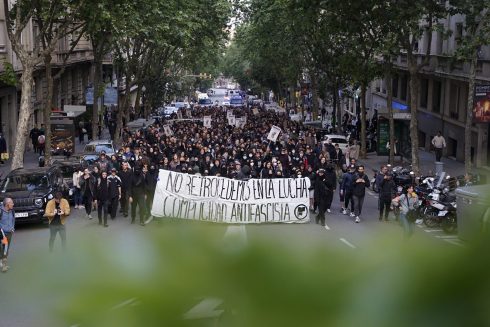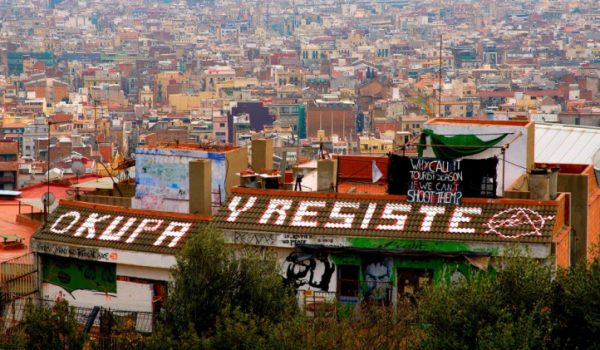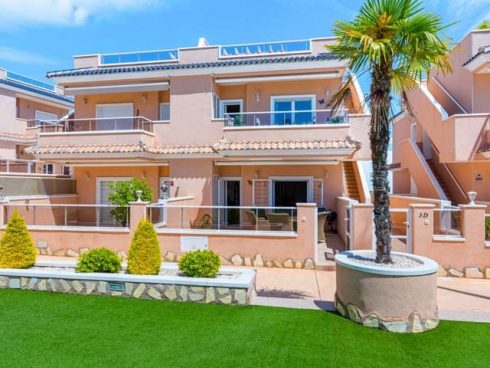IN a trial that has captivated Mallorca and illustrated the housing challenges facing the Balearics, a court has sided with a family of squatters over the local government’s own housing institute.
Judge Carmen Abrines slammed the lack of interest displayed by the Balearic Institute of Housing (IBAVI) in reclaiming one of their many empty properties after a family illegally moved in.
IBAVI became aware that the family, headed by a woman identified as Natalia, had occupied the house in the Son Pontivic neighbourhood of Palma in July 2017.
But the institute only filed a complaint to have the family removed a full four years later in February 2021, leaving the judge unimpressed.
Natalia told the court of a tear jerking tale in which her family of five found themselves homeless after their landlord jacked up their €700-a-month rent.
She and her husband were forced to squeeze into a single room with their three young children.
The matriarch sought help from various organisations, including the IBAVI and social services.
However, her pleas fell on deaf ears, and she told the court she felt abandoned by a system that seemed to wash its hands of her family’s plight.
And so, when she learned of several properties lying empty on Called Son Pontivic, it seemed to her a ridiculous injustice.
After slipping into one of them, Natalia found front door keys in a kitchen drawer, and suddenly she had a new home for her family.

“What I did is wrong,” she told the court, “but we had three small children and we had nowhere else to go.”
Judge Abrines agreed and dismissed IBAVI’s complaint against Natalia.
She issued a scathing verdict against an institute ‘whose mission is to offer social rental housing to people in vulnerable situations in accordance with the established procedure.’
“But it has not shown any interest in housing for four years,” she concluded.
Defence lawyer Eduardo Luna, who took on the case pro bono, accepted wrongdoing by his client but added: “We insist on describing a period of four years to file a complaint as too long.”
For the time being, Natalia and her family remain living in the property, but find themselves in legal limbo.
Squatting has become a highly divisive issue in Spain in recent years.
In the Balearics, the number of cases of squatting that ended up in court last year was actually 20% down on 2021 – there were 405 compared with 509.
But across Spain, there more than 3.4 million empty properties across the country (according to the latest government census) and an increasing number of Spanish families can’t afford rising rents or pay mortgage payments in an unstable job market.
In 2018, the government said they would raise taxes on more than 72,000 empty homes.
They also went after 45 banks and big real estate holdings by declaring that they will expropriate empty dwellings in the next 7 years to give housing to the poor.
READ MORE:
- IN PICTURES: Tensions reach boiling point in Barcelona as pro and anti-squatting groups clash
- Squatters Rights 101: British family unable to evict gang of usurpers living in their Ibiza holiday home
- EXCLUSIVE: Holiday operator offers measly compensation to family terrorised by eight nights of bed bugs in four-star Mallorca hotel
Click here to read more Mallorca News from The Olive Press.







